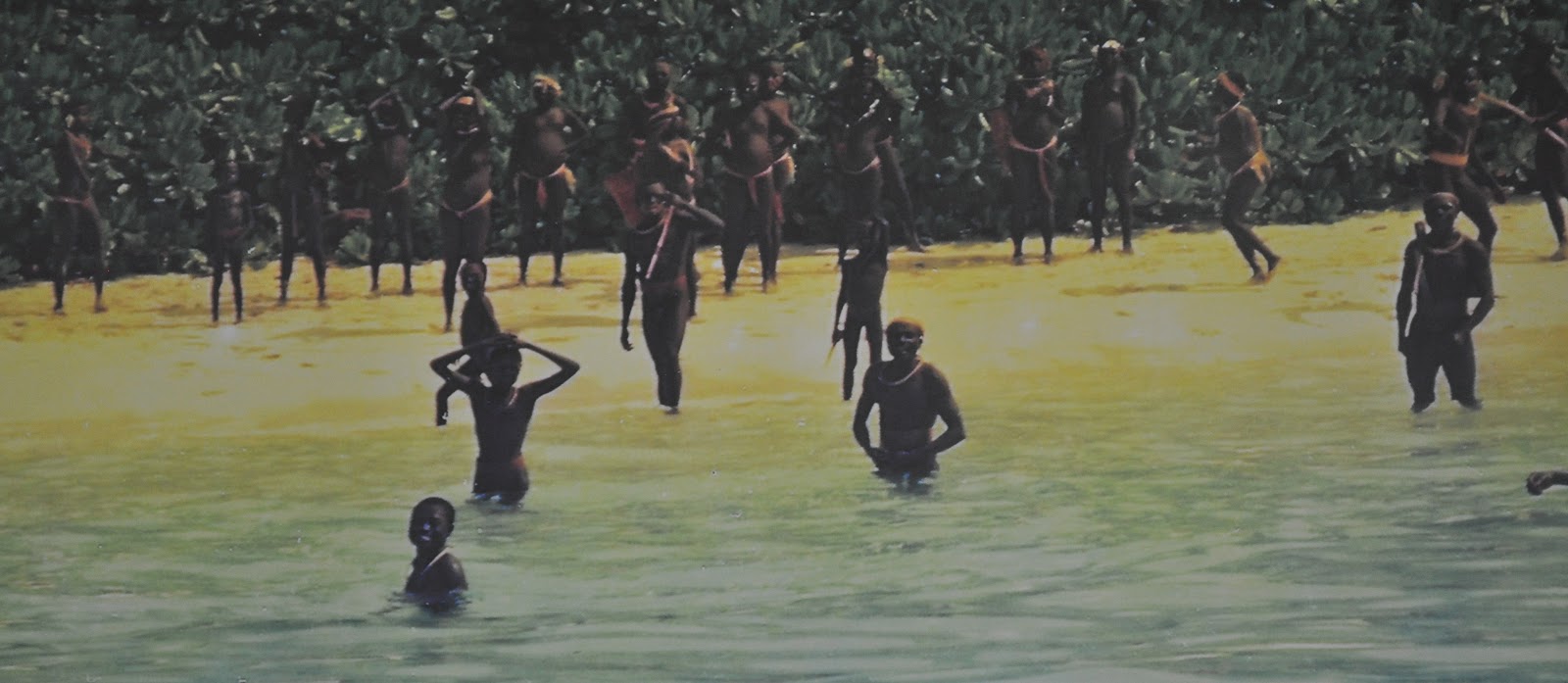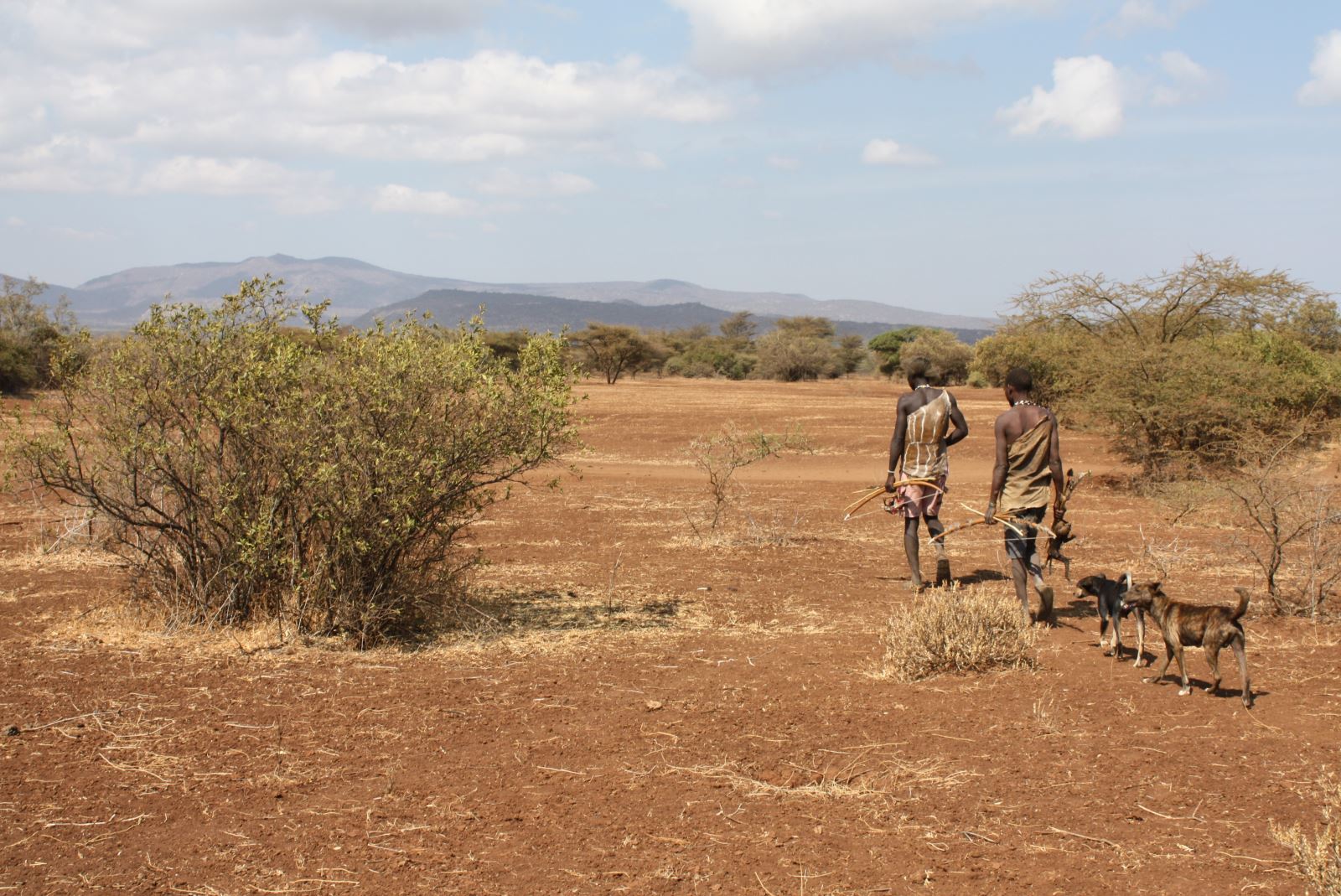Living in urban areas conditions us to a lot of things: big buildings, loud noises, traffic, crowds, markets, and so forth. Our lives’ rhythms follow the drum beats of modernity and all its entrapments; the lifestyles we have are shaped by our surroundings. If we take a car and leave the city behind to go to the countryside, we will witness a largely different lifestyle. Before radio and television were introduced and became an integral part of our daily life, you might have found rural communities to be more reclusive and less up to date with the outside world. This has changed with the integration of devices that feature news and stories from all over the world, reaching even the most remote of areas.
People are now more familiar with different cultures, and are more informed of world events and news than they ever were before; but are there people out there who are still unaffected by the changes and developments that have occurred over the past centuries? The answer is “yes”.
There are still people who live in remote areas where they have been able to escape contact with the developing world, and continue to live in the same manner their ancestors have. They are commonly known as “uncontacted peoples” but can also be referred to as “isolated peoples”; these communities have either shunned contact with others or due to their circumstances have so far escaped making contact with the outside world.
There are about one–hundred “uncontacted” tribes in the world. These communities are usually located in densely forested areas in South America, New Guinea and India. We have come to know of their existence through aerial footage, and rare encounters with other people or tribes; many people view these uncontacted tribes with fascination, some tour operators started offering adventure tours to search and find them. This is viewed as unethical behavior by Survival International, which campaigns on behalf of tribal peoples.

The problem uncontacted peoples face is the areas where these communities live are also under threat by loggers who move in on the land illegally. The forests of the Amazon is home to several isolated tribes; when bulldozers come to cut down trees, the noise and the machines scare the tribes away, sending them running for dear life, leaving behind their homes and the crops they were planting, and causing them great fear.
There are uncontacted tribes in India; one of them lives in North Sentinel and is known as the Sentinelese; they continue to resist contact with outsiders. If they see an outsider coming, they usually attack. In 2004, after the tsunami, they made the headlines; as a helicopter was surveying the area, a member of the tribe came out and fired arrows at the helicopter.
The Sentinelese hunt and gather in the forest, and fish in the coastal waters. They live in long communal huts with several hearths, and use outrigger canoes to travel the seas around their island. They are more isolated than other tribes because they live on an island, and shun any contact with others.
They are thought to be directly descended from the first human populations to emerge from Africa; they have most probably lived on the Andaman Islands for up to 60,000 years. Their language is extremely different from other Andaman islanders, which could be evidence that they have not been in contact with other people for thousands of years.
The Sentinelese have been incorrectly described as being savages and backward; however, this is not accurate. They may live in a manner that would seem outdated and primitive to some, but they have adapted to the changes they face; for example, they can make tools and weapons from metal that washes up from shipwrecks onto the island's shores. This shows that they can adapt their skills when the need arises, and their hostility to outsiders is understandable.
Pressure from Survival and other organizations has led the Indian Government to change its policy towards the Sentinelese. They initially wanted to establish contact with them and have made several unsuccessful attempts. Now they recognize this policy was disastrous; when they made contact with other isolated tribes, these tribes suffered adverse results because they were not immune to many of the diseases frequently contracted by us, such as colds and flues, which ended up killing them. Now the Government realizes that it is the Sentineleses right to live the way they wish to, without any interference.

One of the activists who works to protect these tribes said an interesting phrase I think everyone should mull over; he said they are the “last free people on Earth”. When one thinks of how enslaved we are to all modern entrapments that dictate our lives, I believe there is truth to what he said. This is why it is crucial that we protect these “uncontacted” people; their lives can be seen as the alternative to our way of life, and it shows that there is no one way for doing anything.
References
nzherald.co.nz
news.bbc.co.uk
survivalinternational.org
thewe.cc
*Published in SCIplanet printed magazine, Winter 2014 Issue.